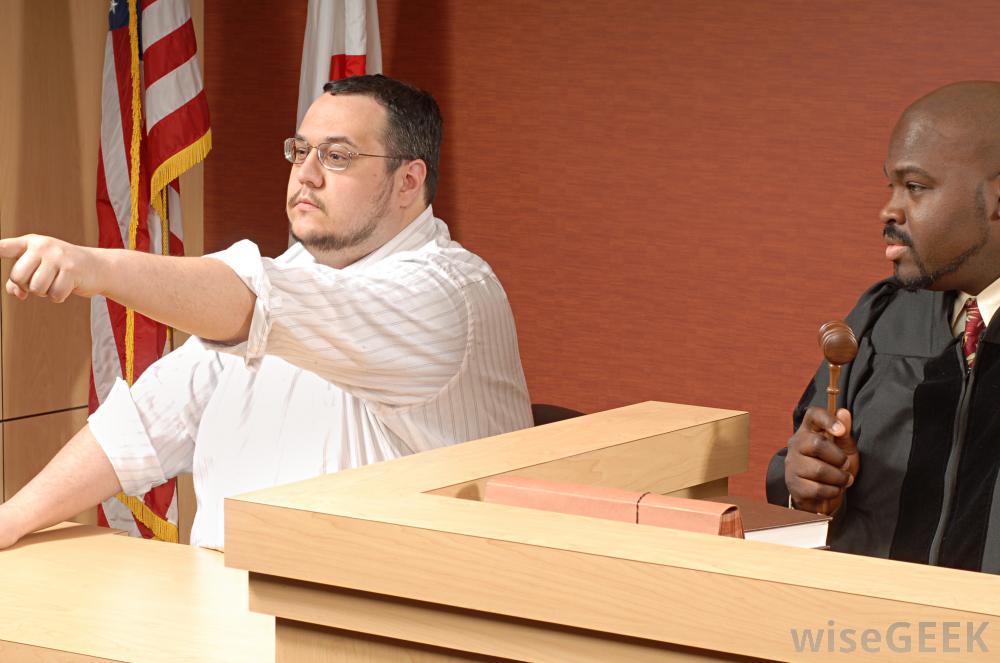In-Court Eyewitness Identifications – What Process is “Due” Process?
In any case where identification is at issue, the proverbial drumroll sounds at the crescendo of the witness examination when the prosecution asks “and do you see the person, here in this courtroom, who committed this crime?” And invariably the finger points at the accused. Who else would it be pointed at? The lawyers are known and obvious, the defendant is often a person of color and/or not in the garb of the courtroom professionals, and the courtroom security people are seated nearby. Although there have been rare instances of witnesses pointing to the court reporter or, in one case, the judge, the easy and recurring choice is the obvious one – as if there were an arrow with neon lights shouting “pick him” pointing at the accused. The science is clear – an identification in a courtroom, months or years after an encounter, is much less reliable and probative than one in the immediate aftermath of a crime, a point brought home by the 2014 report IDENTIFYING THE CULPRIT: ASSESSING EYEWITNESS IDENTIFICATION, a survey …



